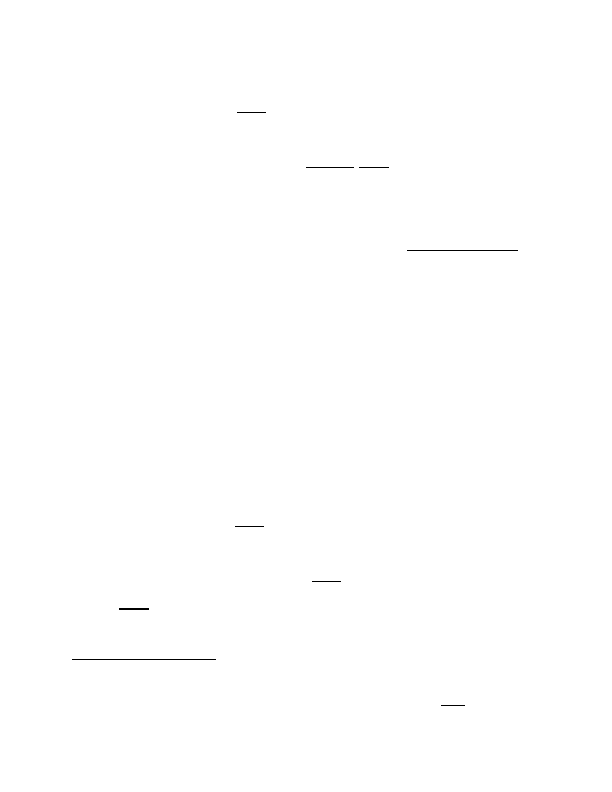
different state or thing' is the clue to the patentability of a process claim that does not
include particular machines."); Diehr, 450 U.S. at 192 (holding that use of mathematical
formula in process "transforming or reducing an article to a different state or thing"
constitutes patent-eligible subject matter); see also Flook, 437 U.S. at 589 n.9 ("An
argument can be made [that the Supreme] Court has only recognized a process as
within the statutory definition when it either was tied to a particular apparatus or
operated to change materials to a 'different state or thing'"); Cochrane v. Deener, 94
U.S. 780, 788 (1876) ("A process is . . . an act, or a series of acts, performed upon the
subject-matter to be transformed and reduced to a different state or thing.").
A claimed
process involving a fundamental principle that uses a particular machine or apparatus
would not pre-empt uses of the principle that do not also use the specified machine or
apparatus in the manner claimed. And a claimed process that transforms a particular
article to a specified different state or thing by applying a fundamental principle would
not pre-empt the use of the principle to transform any other article, to transform the
same article but in a manner not covered by the claim, or to do anything other than
transform the specified article.
The process claimed in Diehr, for example, clearly met both criteria. The process
operated on a computerized rubber curing apparatus and transformed raw, uncured
rubber into molded, cured rubber products. Diehr, 450 U.S. at 184, 187. The claim at
issue in Flook, in contrast, was directed to using a particular mathematical formula to
calculate an "alarm limit"—a value that would indicate an abnormal condition during an
7
While the Court did not give explicit definitions of terms such as "tied to,"
"transforms," or "article," a careful analysis of its opinions and the subsequent
jurisprudence of this court applying those decisions, discussed infra, informs our
understanding of the Court's machine-or-transformation test.
2007-1130 11

